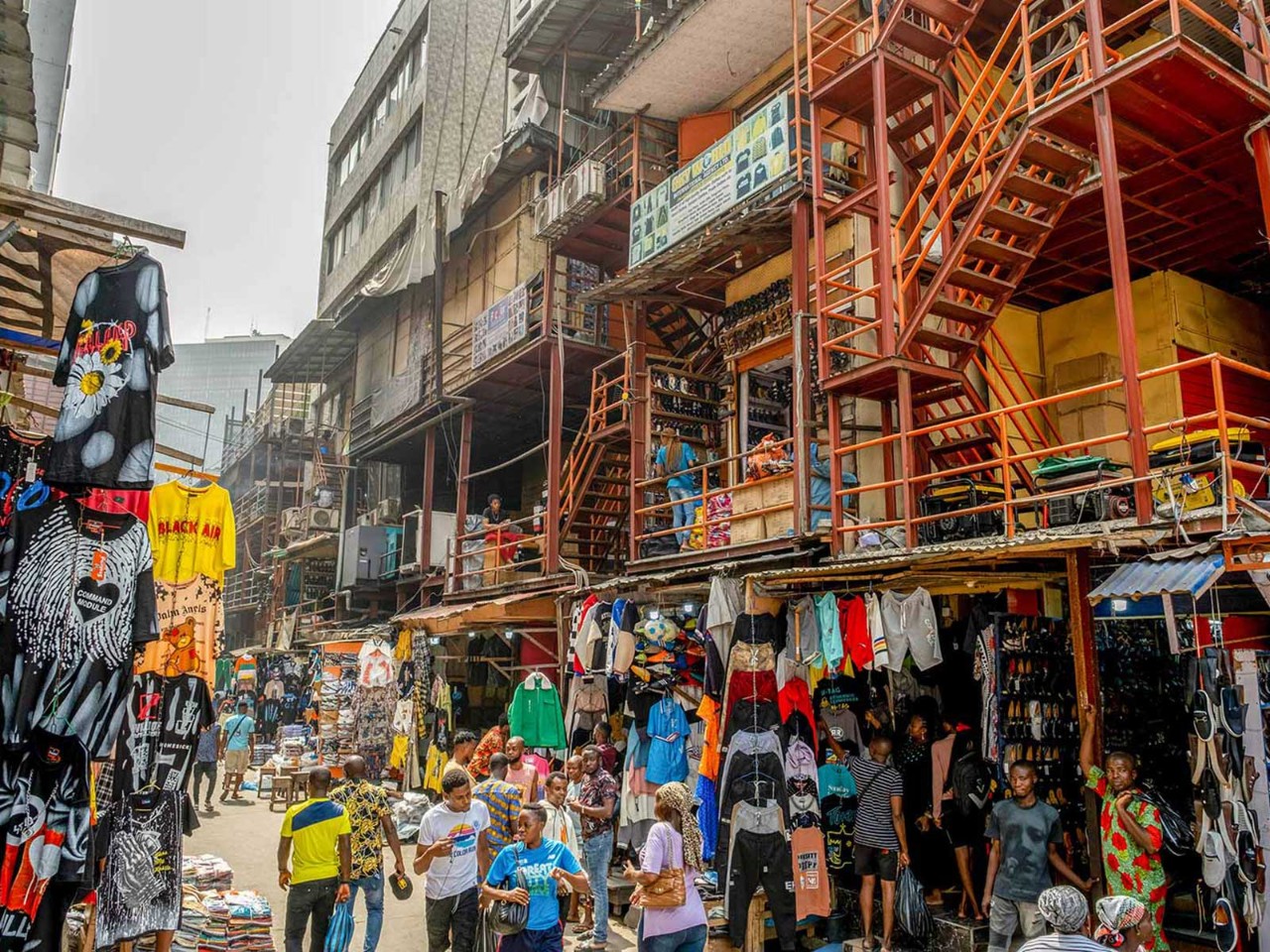
When authorities across Africa implemented strict Covid-19 measures that included widespread lockdowns and limits to cash transactions, companies operating digital payment platforms were the first to benefit.
African versions of global fintech operators like PayPal and Stripe saw huge growth in user numbers and big increases in corporate exposure as investors and governments started to pay closer attention to innovative business models. In fact, since the beginning of the pandemic as many as five Africa-focused fintechs have seen their valuations increase to more than US$1bn, hitting the fabled ‘unicorn’ mark.
As many as five Africa-focused fintechs have seen their valuations increase to more than US$1bn
Listed Egyptian firm Fawry, for example, saw its share price rise by 21% in late 2020 due to the pandemic-related increase in customers, while Nigeria-based Flutterwave successfully raised US$170m from US investors in March 2021, followed by an additional US$250m in February this year, to be used for expansion and customer acquisition.
According to data by London-based research firm Briter Bridges, Africa-focused fintech companies raised roughly US$2.8bn in 2021, more than half of the total US$4.9bn invested in tech companies on the continent. Around US$1bn was raised by payments companies, underlining the growing significance of the sector.
New areas of growth
Most of the early pioneers in Africa’s payments sector targeted the low-hanging fruit of linking up banks with other businesses and mobile money providers. The companies pursued a business-to-business (B2B) ‘volume’ growth model that sought to link up as many financial institutions as possible, taking advantage of the low levels of digital infrastructure in Africa. But now that the pandemic disruption has receded, what are the prospects?
Mathias Léopoldie, CEO of Julaya, an Ivory Coast-based fintech operating in the corporate payments space for traders and SMEs, believes that if growth is to be sustained, businesses will have to carve out new business models. ‘You can see this trend of specialisation and you can also see the trend of diversification,’ he says, referring to payments companies that are beginning to enter new spaces.
One example of specialisation is companies that are building products to target specific industries like insurance or hospitality rather than mass-market products that connect businesses in general.
Another area of growing interest is figuring out how to build products for Africa’s informal sector, where cash-based transactions are still the most common form of payment. The World Bank estimates that Africa’s informal sector accounts for 80.8% of jobs on the continent, demonstrating the huge opportunity on offer if payments companies can enter this space.
It's an opportunity that has not gone unnoticed by entrepreneurs on the continent. Akshay Grover, CEO of Cellulant, a Kenyan-based B2B payments company, is one of them. ‘The online market in Africa is a US$100bn market, but the massive opportunity is actually the offline side of the business, because that is almost eight to 10 times bigger than the online market,’ he says. ‘We are talking about US$800bn to US$1 trillion of value. Over the next few years, many of us will be asking ourselves what we can do for this market.’
'I think we will see many more companies growing outside their home markets'
Mobile money
One way in which payments companies are already working with offline and unbanked SMEs and individuals is through mobile money. Africa became a pioneer in the mobile money space when Kenya-based telco Safaricom launched its flagship M-Pesa product in 2007.
After that, mobile money spread rapidly across the continent with a range of alternatives, including MTN Mobile Money and Orange Pay joining the fray. Until recently, however, the space was dominated by large telecommunications companies.
This is beginning to change as fintechs pay closer attention to the space, looking for B2C business lines away from the early B2B models. ‘This is the end of the monopoly era for telcos with regards to mobile money,' says Julaya's Léopoldie.
Two leading examples of fintechs working in the mobile money space are Senegal-based Wave and Nigeria-based OPay. In just three years, Wave was able to wrestle dominant market share from Orange Money, which was formerly the largest operator in Senegal.
Wave raised US$200m in a Series A round in September, pushing its valuation to US$1.7bn. The deal broke several records: it was the largest Series A in Africa, the largest round by a Francophone start-up and Africa’s first francophone unicorn. As the leading operator in Senegal and growing fast in Côte d’Ivoire, the company has plans to expand into new markets like Uganda and Mali.
The raise shows that Africa’s payments sector is entering a new stage of maturity as companies grow rapidly in countries that are not among the continent’s ‘big four’ tech heavyweights: Egypt, Kenya, Nigeria and South Africa. Therefore, analysts expect ticket sizes to increase in francophone Africa where fundraising has traditionally paled in comparison to anglophone markets.
There are concerns that some governments may also start setting limits on fees and interest rates for payments companies
Bridging the gap
‘I think we will see many more companies growing outside their home markets,’ says Marcello Schermer, head of international expansion at Yoco, a Cape Town-based start-up that facilitates payments between SMEs. ‘The anglophone and francophone Africa gap has been bridged and 2022 should hopefully see much more activity across a more diverse set of markets.’
Aside from Senegal, analysts expect start-ups to focus on countries like Côte d’Ivoire, Benin and the Democratic Republic of Congo (DRC) – markets that either show promising tech growth or have significant untapped potential.
While there is plenty of space for payments companies to grow across different verticals and geographical markets, taxation may be a barrier to growth. As governments look to channel a share of the profits into the public purse, countries such as Uganda, Zimbabwe, Tanzania, Cameroon and Ghana have all taken steps to tax mobile money, in a sign that regulators are paying closer attention. There are also concerns that some governments may set limits on fees and interest rates for payments companies.
With public finances depleted by the pandemic response, it is hardly surprising that the continent's governments are looking to cash in on such a potentially lucrative income source. The trick, though, is to do it without stalling the growth of a sector that is full of opportunity.



